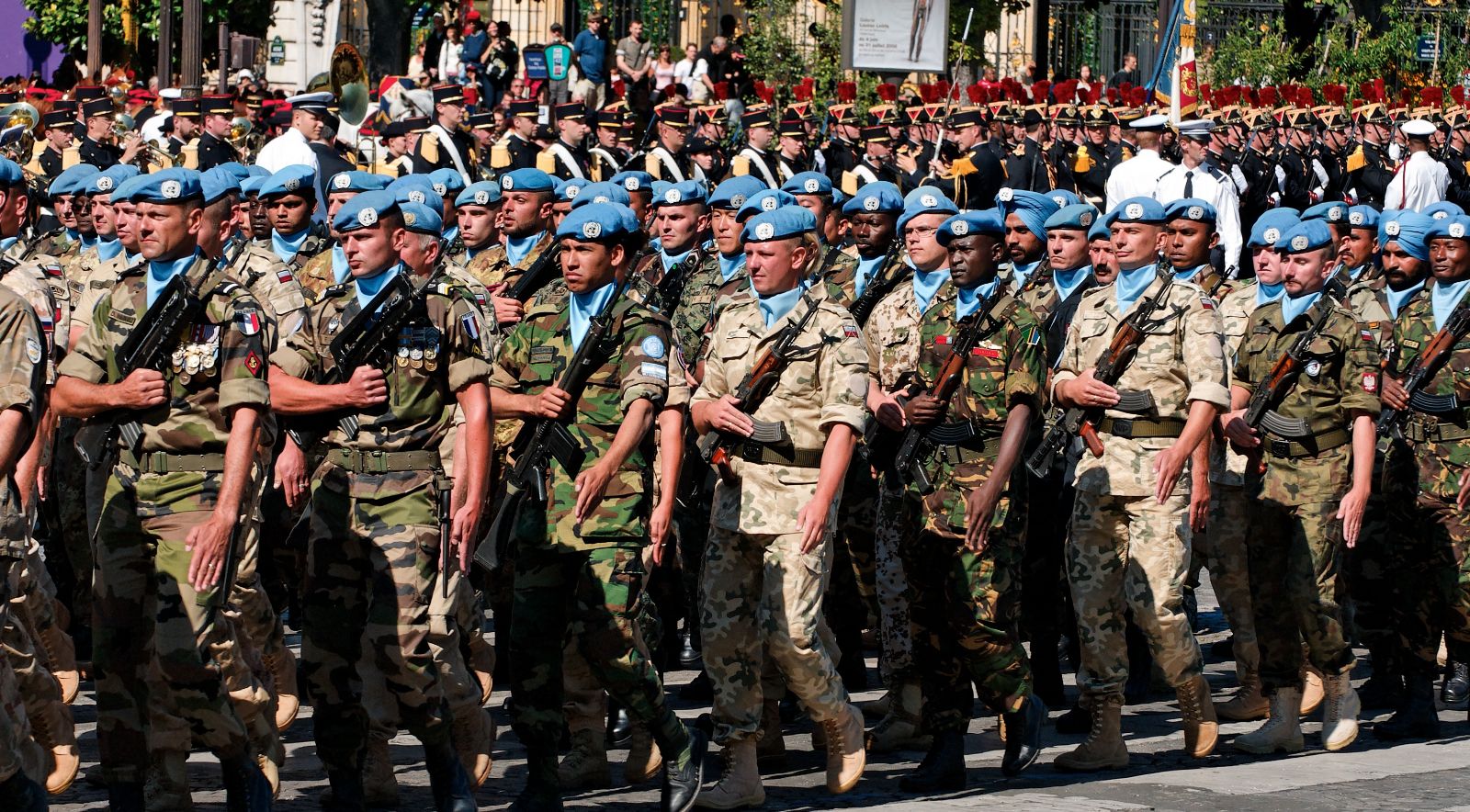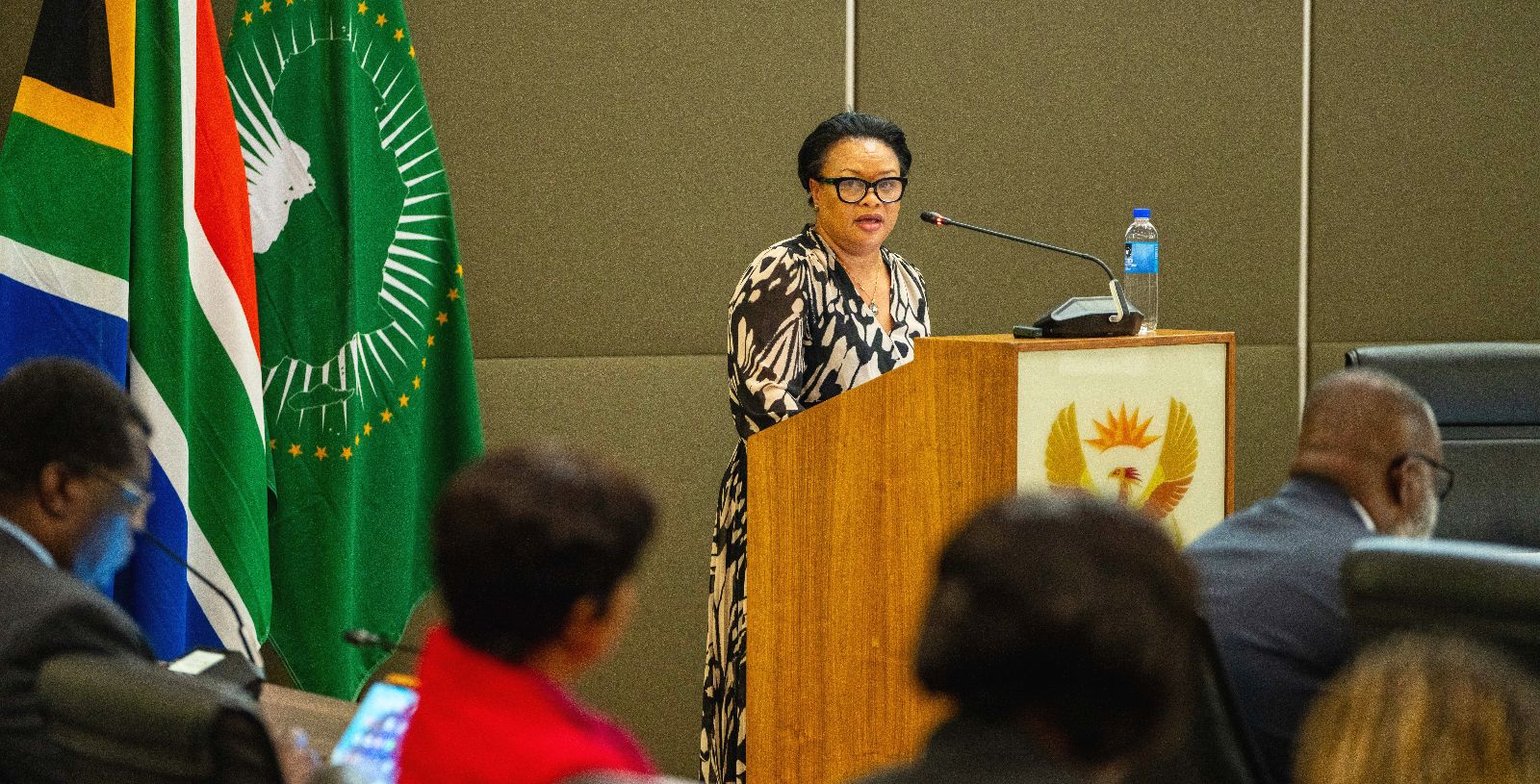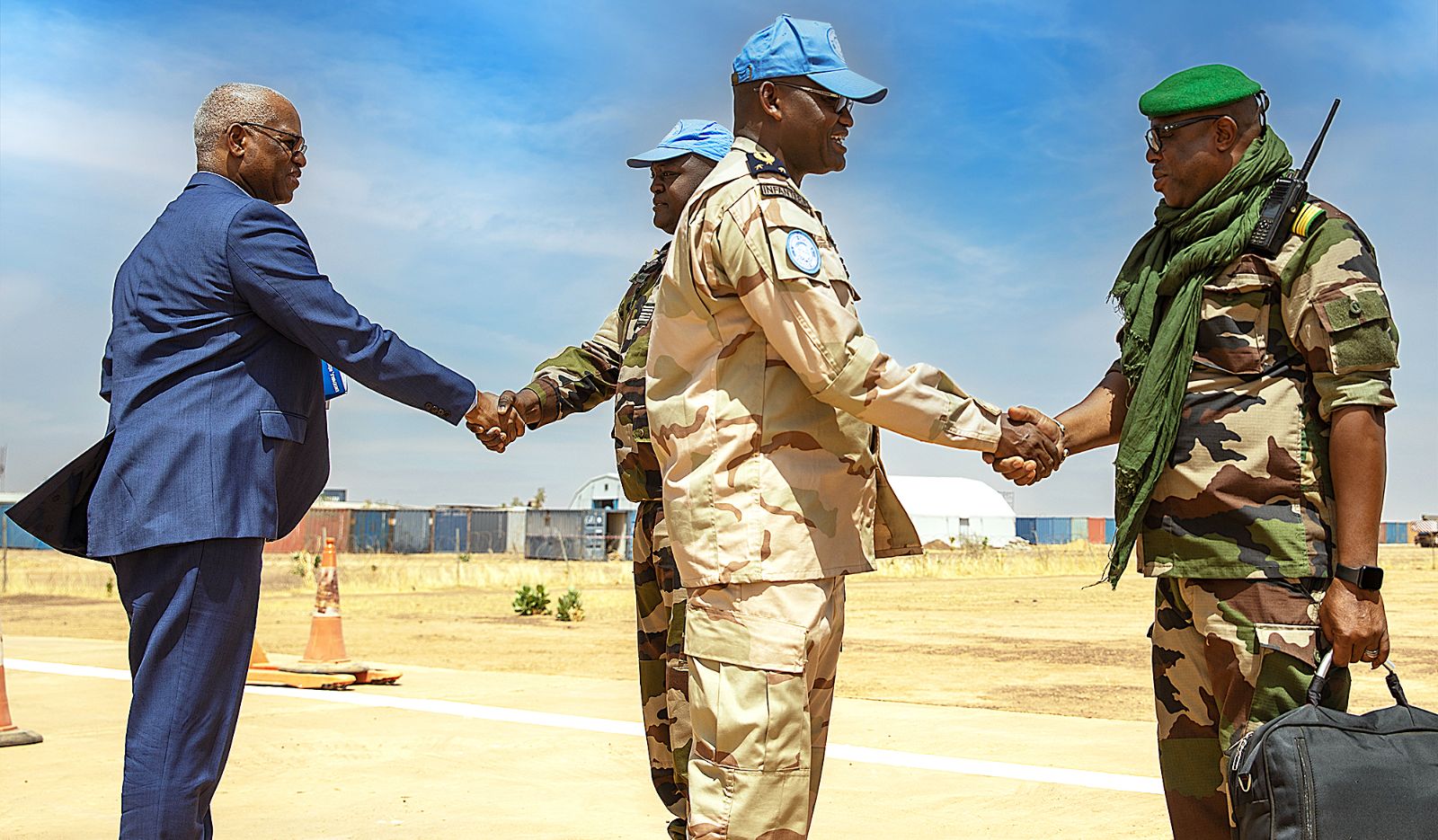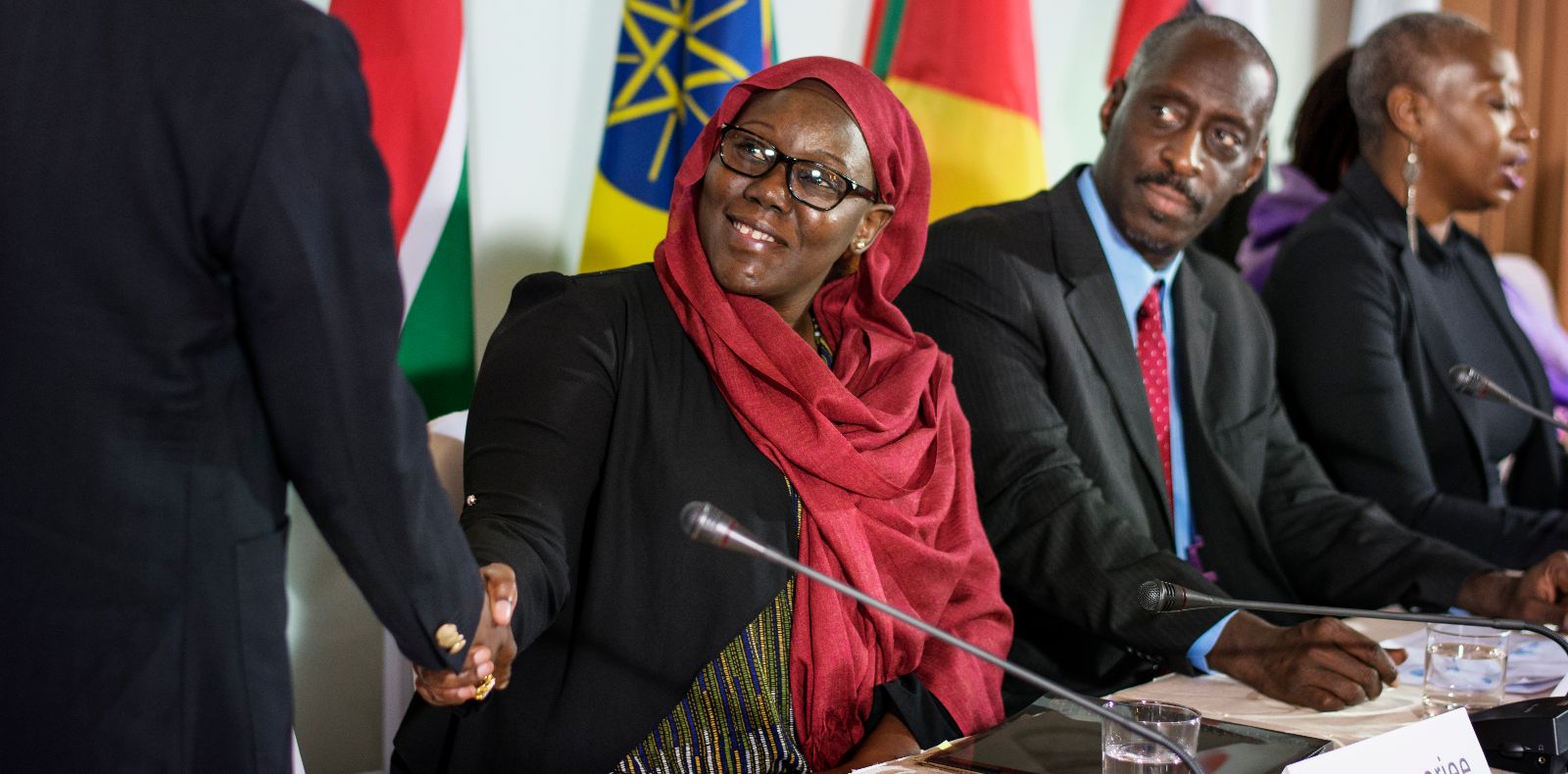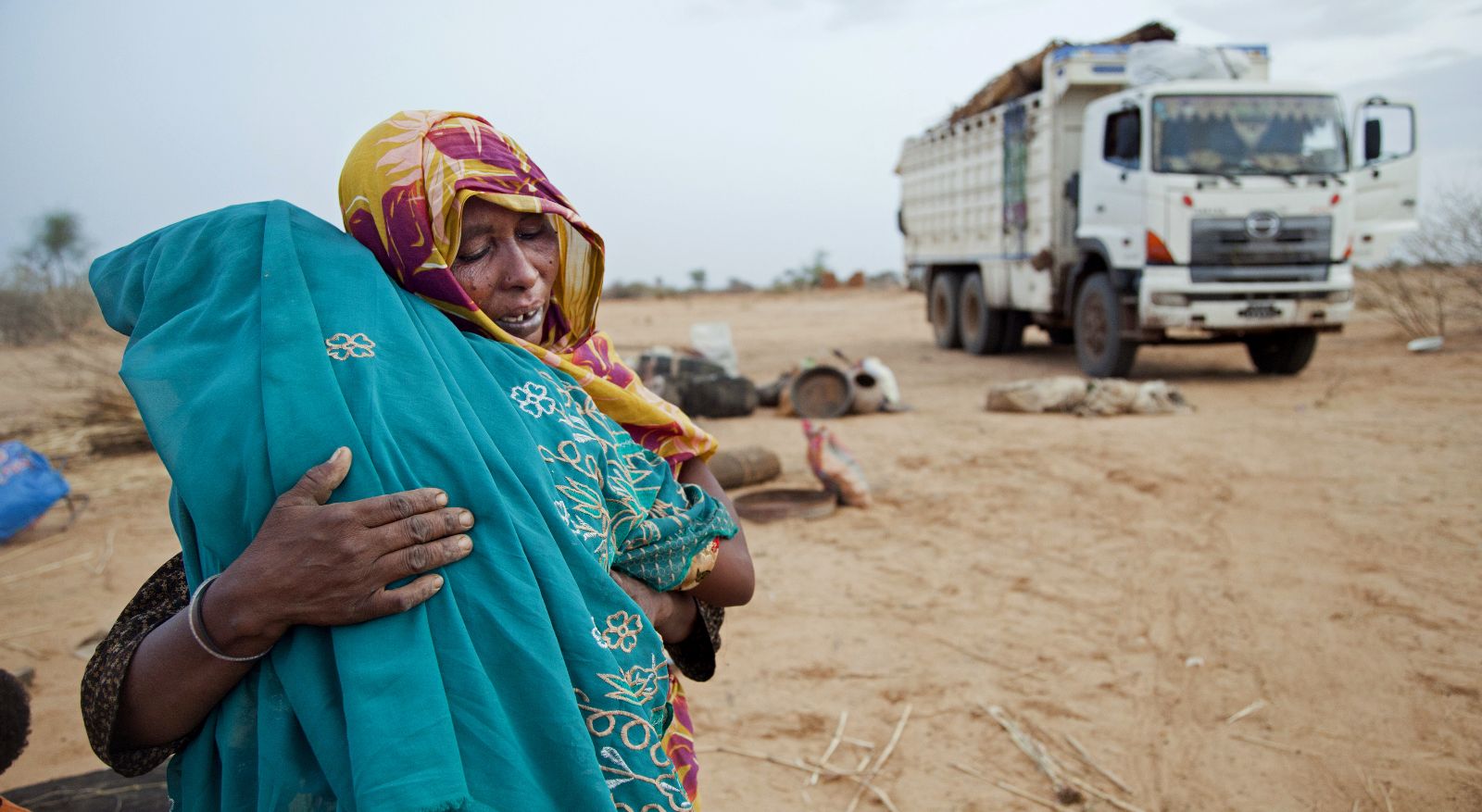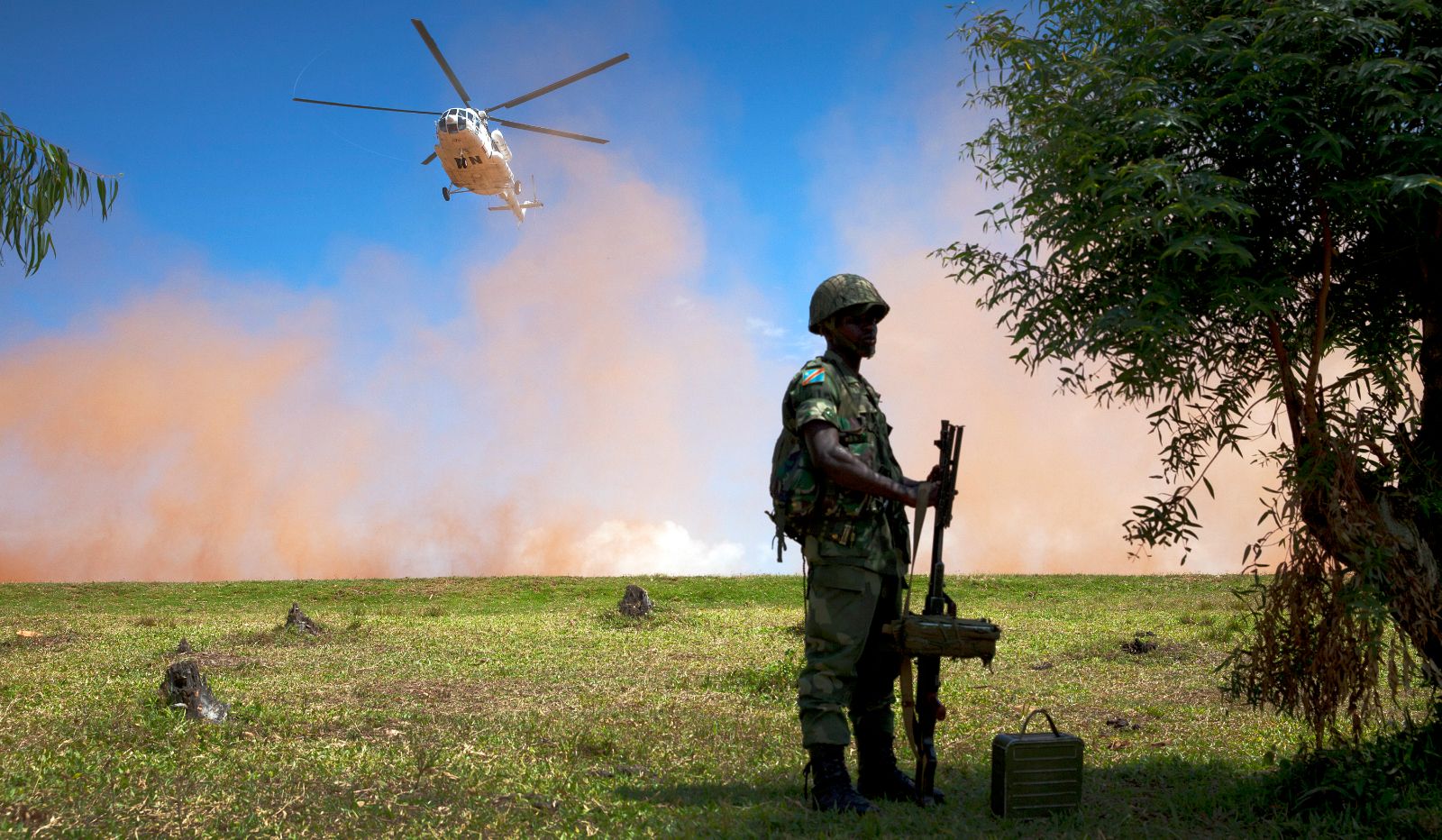The April edition of the Conflict and Resilience Monitor begins with a feature article from the CEO of the African Peer Review Mechanism (APRM), H.E. Ambassador Marie-Antoniette Rose-Quatre. Ambassador Rose-Quatre writes about the need for better synergy amongst the various peace and security architectures in Africa. She further goes on to stress the need to ensure that early warning is translated into early intervention in order to address peace and security challenges.
El-Ghassim Wane writes about the upcoming Ministerial Peacekeeping Conference that is taking place in Berlin. The article highlights the opportunity for African countries to share their perspectives on peacekeeping, whilst highlighting the successes and difficulties that have been experienced on the continent. El-Ghassim Wane further goes onto address the need for better peacekeeping co-operation between the African Union and the United Nations.
Moving from peacekeeping to peacebuilding, Leonard James Ngeleja writes about the importance of Communities of Practice (CoPs). A CoP is a structure that fosters co-operation, collaboration, experience sharing and collective problem solving amongst a variety of peace and security actors. This better co-operation, according to the article, enhances peacebuilding, but a CoP needs to be inclusive, have clear objectives and governance structures as well as sustained engagement in order to be more effective.
Keenan Govender writes about the ongoing conflict in Sudan, which is currently the world’s worst humanitarian crisis. Keenan writes about the geopolitical dimensions of the conflict, in light of the recently held conference in London that sought to establish a contact group of international partners in an attempt to take a step towards ending the conflict in Sudan.
Finally, Rumbidzaishe Matambo writes about the impact that climate change is having on peace support operations in Africa. The article discusses the increasing need to deal with the climate-security nexus, in part by better integrating climate data into security analysis to deal with environmental stressors. There is thus a need to move away from reactionary models of intervention to more proactive, community-centred approaches that will build resilience.

